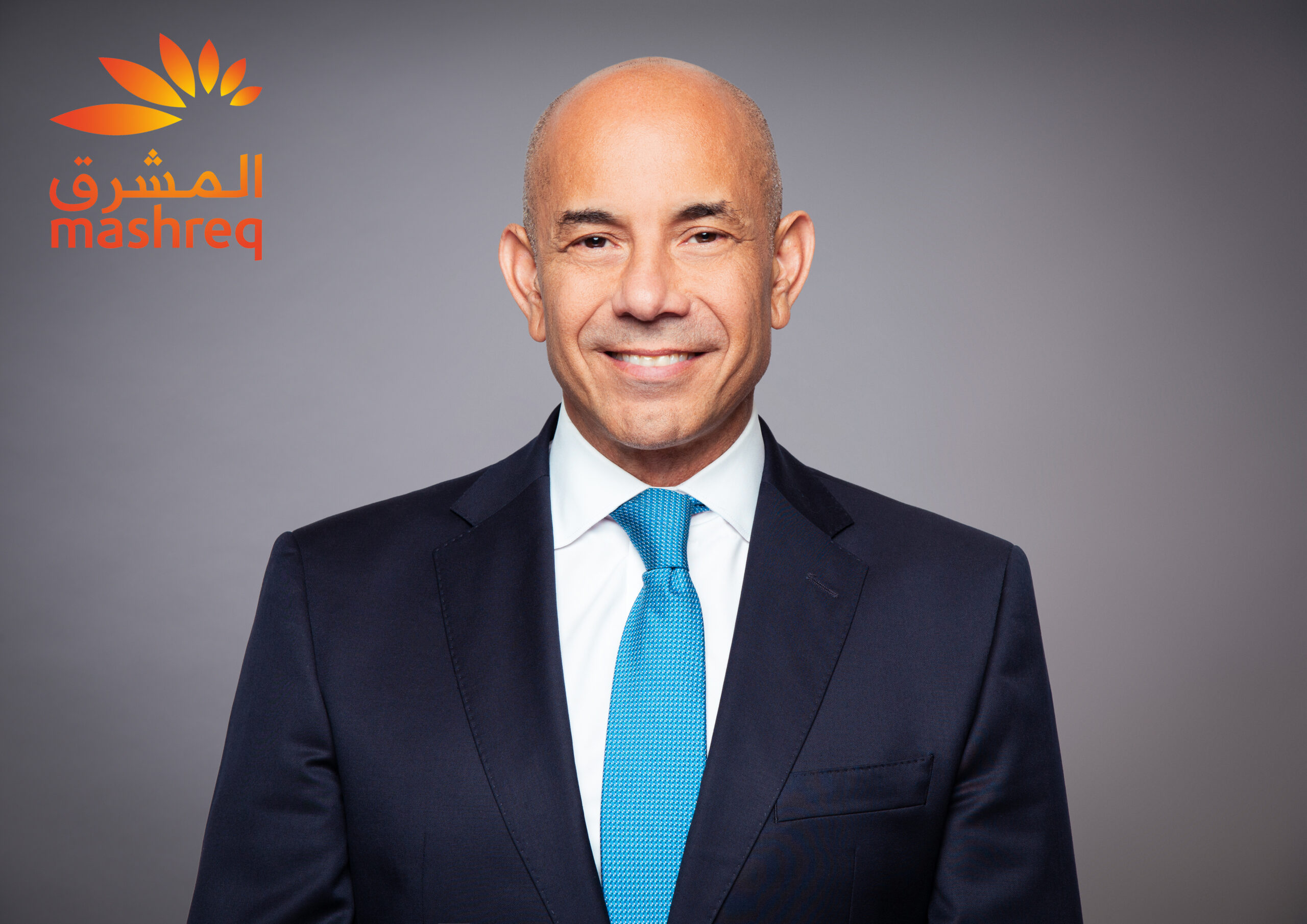The man at the Bundesbank (by tradition he wishes to remain anonymous) gestures with a grin towards a pile of official folders on his desk, each containing a letter from a concerned German citizen and awaiting his reply. “Dear Mr President Welteke,” writes one Johann Public. “I am utterly dismayed to read in the press about plans to introduce the Deutschmark in Kosovo. Is this legal? If it goes ahead, I may well lose my faith in the Deutschmark and the euro.
Thanks for your interest in Euromoney!
To unlock this article:



